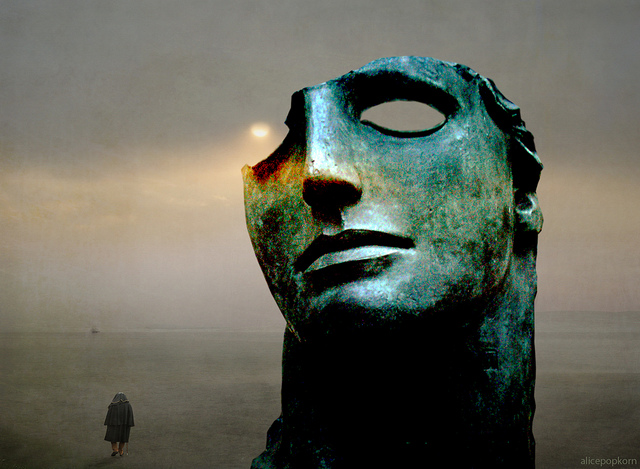Tag: School
-

He Says The Gods Are Not What Matters
The worship of the gods is not what matters, Brendan Myers says. People and relationships matter. Even as someone who helps to provide others with the tools to worship their gods, these liturgies of the Fellowship, I find myself reading his words and saying — Yes. This is correct. This is not the only correct […]
-

It’s Back to (Druid) School Season
The harvest season comes, and the kids go back to school. I can’t pass a rack of school supplies without stopping to see if there’s anything I want need. There rarely is, but I still like to look. The eco-folders and notebooks, while more ecologically responsible, are nowhere as cool as my Trapper Keeper. It was rad. […]

